The Science of Human Cognitive Neurology
Introduction
Human cognitive neurology is a branch of neuroscience that focuses on the neurological basis of cognition. This field of study aims to understand how the brain processes information, makes decisions, and forms memories. It involves the study of various cognitive functions such as perception, attention, memory, language, and executive functions.
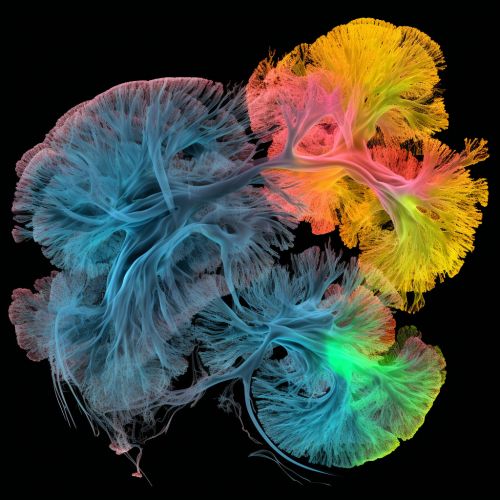
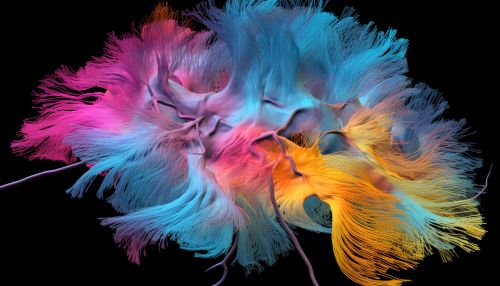
Cognitive Functions and the Brain
Cognitive functions refer to the mental processes that allow us to receive, select, store, transform, develop, and recover information from our surroundings. These functions are essential for our interaction with the world.
Perception
Perception is the process of recognizing and interpreting sensory stimuli. It involves the brain receiving inputs from the sensory organs and transforming these inputs into meaningful information. The study of perception in cognitive neurology often involves examining the neural pathways involved in processing different types of sensory information.
Attention
Attention is the cognitive process that allows us to focus on specific stimuli while ignoring others. It is a crucial aspect of cognitive neurology, as it influences all other cognitive functions. Attention can be divided into two main types: selective attention and divided attention.
Memory
Memory is the cognitive function that allows us to store, retain, and recall information. It can be divided into short-term memory and long-term memory. Short-term memory, also known as working memory, is responsible for temporarily holding information for processing. Long-term memory, on the other hand, is responsible for storing information for extended periods.
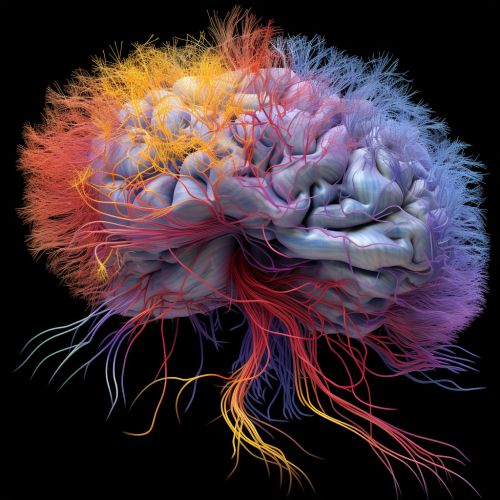
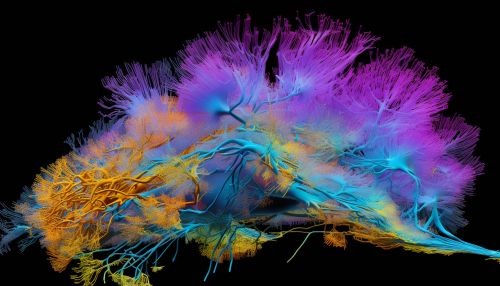
Language
Language is a complex cognitive function that allows us to communicate with others. It involves several processes, including speech production, comprehension, reading, and writing. The study of language in cognitive neurology often involves examining the neural basis of these processes.
Executive Functions
Executive functions are a set of cognitive processes that are necessary for the cognitive control of behavior. They include functions such as planning, problem-solving, decision making, and impulse control. These functions are primarily associated with the frontal lobes of the brain.
Neurological Basis of Cognitive Functions
The brain is the central organ responsible for cognitive functions. Different regions of the brain are associated with different cognitive functions, and the interaction between these regions allows for complex cognitive processes.
Frontal Lobes
The frontal lobes are associated with executive functions, decision making, and motor control. They are also involved in memory storage and behavior.
Parietal Lobes
The parietal lobes are involved in processing sensory information from various parts of the body. They are also associated with spatial awareness and perception.
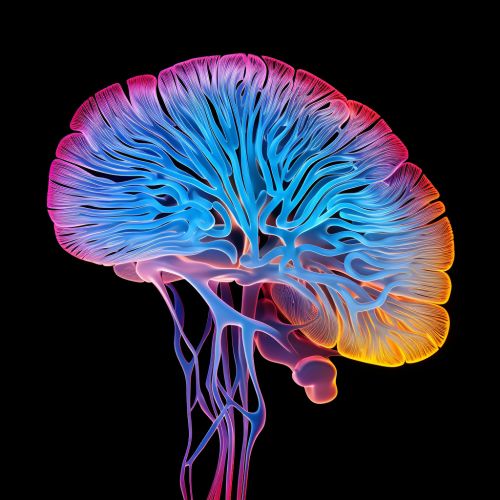
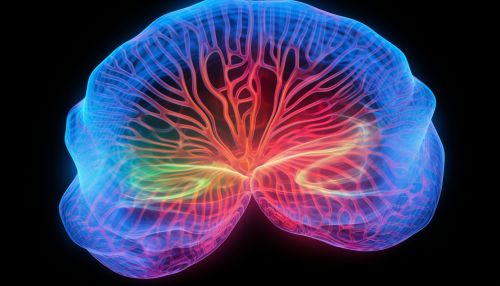
Temporal Lobes
The temporal lobes are associated with processing auditory information and are involved in the formation of memories.
Occipital Lobes
The occipital lobes are primarily responsible for vision. They process visual information from the eyes and are involved in visual perception and recognition.
Disorders of Cognitive Neurology
There are several disorders associated with cognitive neurology. These disorders often involve damage or dysfunction in the brain regions associated with cognitive functions.
Alzheimer's Disease
Alzheimer's disease is a neurodegenerative disorder characterized by progressive memory loss, confusion, and changes in behavior. It is associated with the accumulation of beta-amyloid plaques and neurofibrillary tangles in the brain.
Parkinson's Disease
Parkinson's disease is a neurodegenerative disorder characterized by motor symptoms such as tremors, rigidity, and bradykinesia. It is also associated with cognitive impairment and dementia.
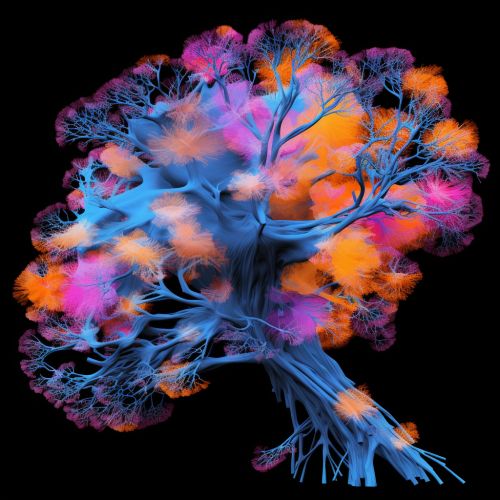
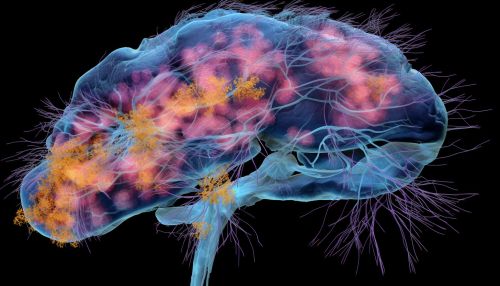
Stroke
A stroke occurs when the blood supply to part of the brain is interrupted or reduced, depriving brain tissue of oxygen and nutrients. This can lead to cognitive impairment, including difficulties with memory, attention, and language.
Future Directions in Cognitive Neurology
Cognitive neurology continues to be a rapidly evolving field, with new discoveries and technologies constantly changing our understanding of the brain and cognition. Future research in this field is likely to focus on developing new treatments for cognitive disorders, improving our understanding of the neural basis of cognition, and exploring the potential of technologies such as brain-computer interfaces and neuroimaging.
